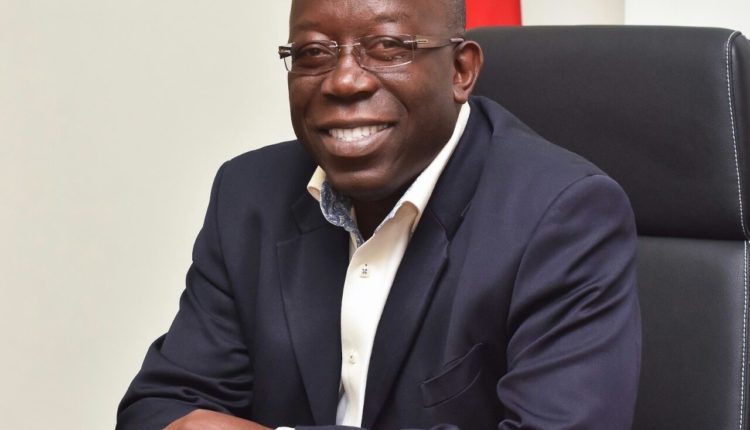New and credible information on the sale of shares owned by the Social Security and National Insurance Trust (SSNIT) in some of its hotels indicates it was a Board decision meant to rescue the Trust from the ever-growing financial burden heaped on it by the said hotels.
A former Board Member of the Trust, Mr. Ofori Acheampong has revealed that the hotels were incurring huge losses, were unable to pay dividends, struggled to pay salaries, struggled to pay taxes and ultimately had become a financial burden on the Trust.
Mr. Acheampong, based on what he knows on good authority in his capacity as a Board member when the decision to offload the shares were taken, has therefore called on all parties to review the records and investigate the specifics of the sales agreement as well as the good thinking that went into that decision. He said the records are available and verifiable therefore the ongoing melee is an unfortunate much ado about nothing.
The former Board Member is insisting that the said hotels were proving to be a huge financial strain on SSNIT.
Mr. Acheampong went ahead to emphasise the pivotal role of the SSNIT Board plays in providing guidance to management based on various factors:
“As representatives of the workers, their primary goal was to safeguard the workers’ investments for their retirement. This included the critical decision to divest from certain investments such as the hotels.” Mr. Acheampong stated in an interview on Kessben FM, monitored by The New Publisher.
He clarified the records that SSNIT had previously sold its majority shares in Merchant Bank to the FORTIS Group while retaining a minimal 3% stake.
Speaking on the governance structure of SSNIT as a government entity, Mr. Acheampong explained that the Government of Ghana appoints the Board chairman and management of SSNIT and its subsidiary companies.
However, when these companies which SSNIT has shares in were faced financial struggles, they did not run to Government for support or bailout but they rather turned to SSNIT.
Mr. Acheampong cited instances where some of the hotels sought financial assistance from SSNIT to cover operational expenses such as workers’ salaries, electricity bills, and even taxes. He said it trite knowledge that the said hotels were in a dire financial state and were investments which had become liabilities.
Mr Acheampong refuted claims of high occupancy rates in the hotels, citing instances where SSNIT workers were seconded to the hotels and faced delayed social security payments.
This prompted the Board to advise management to seek strategic partnerships. He said the decision to offload shares was initiated in 2018 during his tenure as a Board Member and this decision was aimed at saving SSNIT from the financial burden posed by the struggling hotels.
Addressing criticism from organised labour groups, Mr. Acheampong expressed surprise at their claims that they were not aware of the shares offloading agreement and that all they had to do was to have consulted all four labour union representatives on the Board.
He expressed shock the aggrieved labour groups had not sought clarification of the matter directly from the Board Members who were present during the deliberations and some were representatives of the labour groups.
Mr Acheampong defended the Board’s decision, emphasizing the necessity of divesting from underperforming assets to prevent further financial strain on SSNIT.
He asserted that the circumstances at the time warranted the decision to sell off shares in the hotels.
Therefore he dismissed accusations of ignorance or complacency on the part of the Board members and urged organized labor to reevaluate their understanding of the situation before passing judgment.


Comments are closed.